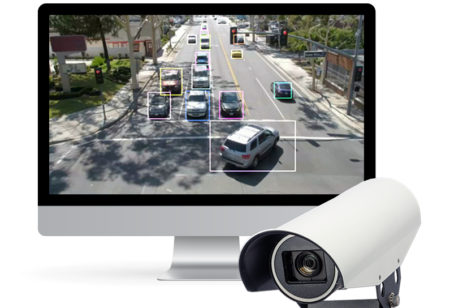The European Union’s (EU) Trans-European Transport Networks (TEN-T) program will provide funding support of over EUR500,000 (US$570,000) for a study on the introduction of an intelligent traffic management system in the port area of Hamburg in Germany. The study is to contribute to an optimized use of the port’s infrastructure, reduced traffic-related pollution, faster transport and cargo handling and improved road safety. The study will look into ways to improve the usage rates and cost-effectiveness of existing infrastructure and facilities in the port, by introducing an intelligent traffic management system in both the existing and planned truck and car parks. The study’s outcomes will be used by the Hamburg Port Authority to take decisions on future implementation of new systems, once the project has been completed in December this year.
The potential benefits of the project are: a concept that can be transferred to other European ports and locations with high industrial and non-industrial activity; an increased usage rate and cost-effectiveness of the transport infrastructure by providing real-time information about both truck and car parking space availability; reduced traffic volumes and fuel consumption, as well as damage to the environment, due to less trucks looking for parking bays; better road safety and conditions for truck drivers, who will no longer have to park randomly along the roads; more reliable transport processes and easier planning of driving times and rest periods in line with parking space availability; and clearly defined time windows to provide or deliver goods and traffic information.
In May last year the City of Hamburg announced that it had signed a Memorandum of Understanding (MoU) with Cisco that aims to improve the quality of life for its residents by creating a ‘Smart City’. The MoU foresees the creation of specific pilot projects around smart traffic, smart street lighting, infrastructure sensing, and remote citizen services. The MoU also provided Hamburg with access to the Cisco Smart+Connected Communities (S+CC) reference architectures and provides a framework for defining and evaluating various related initiatives. The partnership’s pilot projects also include the development of Hamburg into a ‘Smart Port’, which will feature an intelligent parking space control system for trucks and loaders that will be developed near the port to improve the traffic and parking situation. It will be complemented by a fully integrated traffic management system, enabling an optimized flow of cars and trucks, which should help prevent traffic jams and detect potential incidents. Besides optimizing energy consumption through smart streetlights, the Port Authority is also planning to capture and analyze emissions data, in order to be able to provide more reliable forecasts on noise, temperatures, humidity, and pollution.




